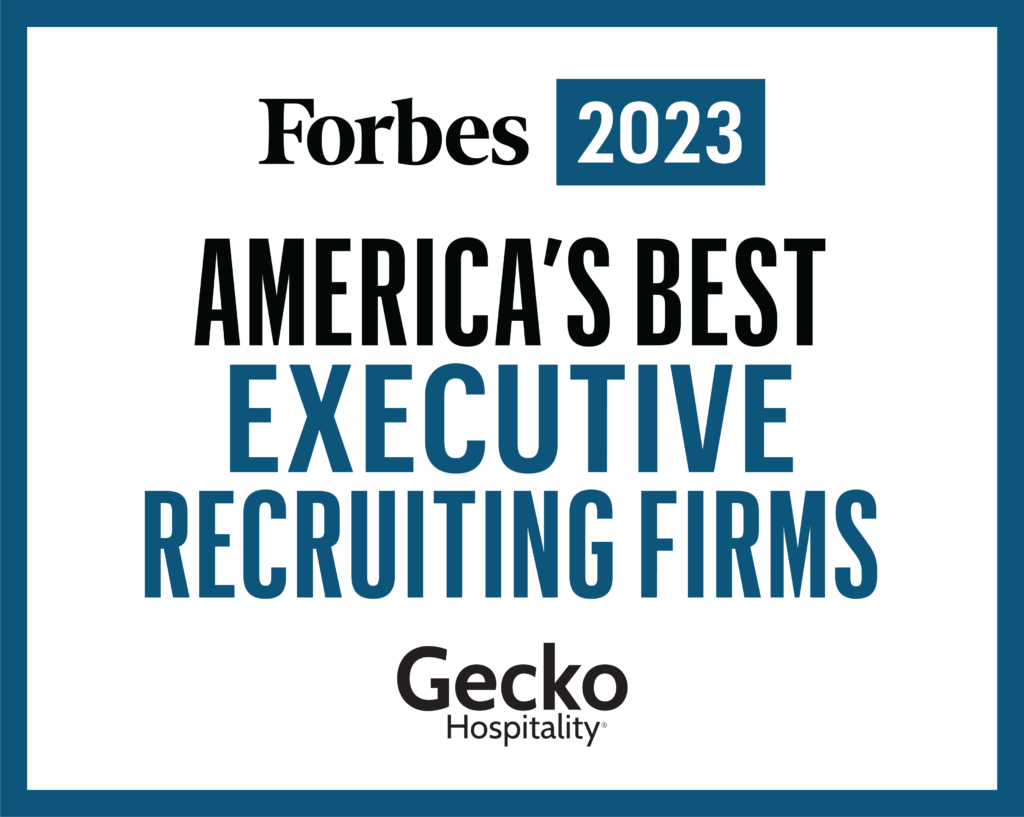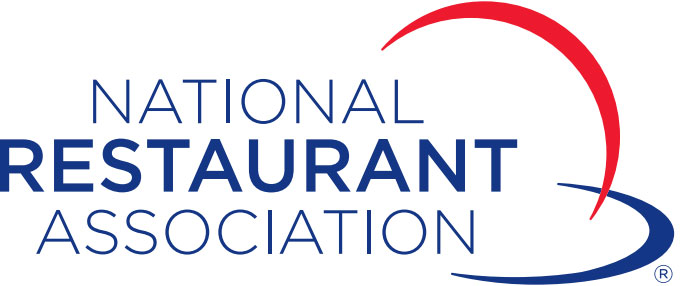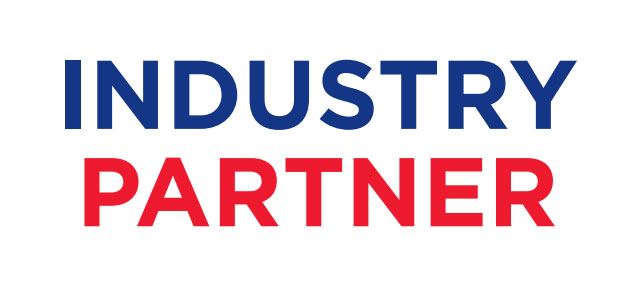Hospitality Managers need to understand how management theories impacts their resumes. Most people construct a resume by writing a list of what has happened in their lives. A hiring manager with a strong understanding of organizational behavior is drafting something more. The job interviewer is looking for an indication that this manager understands Chaos and Complexity Theories. Can they use their knowledge to solve problem, and even prevent problems? Is this management candidate so qualified they can actually predict potential problems and set up a plan of action to minimize damage to the company? This is one of those skills that anyone can learn, and can use to market their skills to employers.
Chaos Theory in Organizational Behavior.
The chaos theory is a scientific principle That describes the unpredictability of systems. The Chaos theory dictates that systems generate energy while in movement, but appear to lack predictability or direction. Even though no one can see the systems when standing up close, the most chaotic system can be defined by a mathematical formula. The elements that can interfere with a system’s execution are not infinite. They cross many disciplinary lines. They can be predicted, and prevented.
Organizational behavior requires a manager to step back from the of day-to-day activities and see how the company functions as systems. Everything runs smoothly, following a design, but the smallest event has the potential to impact the company, creating a chain reaction. A major event may hit the company suddenly and with great force, but leave no footprint on the company’s ability to succeed.
Instead of identifying problems, the chaos theory suggests that managers look for patterns that effect people’s behavior, and impacting the business. A manager experience in the chaos theory can learn how to allow people enough freedom to organize themselves, manipulating the groups until they can work together effectively.
To implement this form of organization in a company there needs to be a high level of faith in the manager. The manager needs to understand organizational behavior well enough they can direct the employee’s ‘freedom’ to focus their direction, vision, and allow the innate ‘human factor’ work towards the survival of the business.
Complexity Theory – Self Organization
Complexity theory suggests that single people will demonstrate specific patterns of behavior that are tangible in the company system, but may not be present in any individua. There is an unseen order to complex systems. Nothing happens randomly. Each workplace is an ecosystem, a society, a single entity. Instead of micromanaging a system, it is best to let it sort itself out. It will bring order to conflict.
Of course, a company who can execute this self-organization module has experienced HR managers who make sure that everyone is enthusiastic, intelligent, and team players. They also hire managers who are able to motivate employees and award collaboration.
How This Effects Hospitality Management Candidates
Whether you understand these system, or not, they are reflected in every aspect of the job hunt from how you write and organize your resume, to how you interact with the job interview professional. It is one of those intangibles that can make or break a job interview.
It is also vital that a management candidate researches a company and learns what system they use. There is no reason for a management candidate that believes in firm control and accountability to apply for a management position at a company built around a self organization system, and vice verse.
Managing Change
If your resume outlines changes you made in your last business then prepare to discuss organizational change, resistance to change, and management of change at the job interview. Today’s company’s organizational systems change on an ever rapid scale.
A kitchen redesign means the waitresses may see a different person when entering the kitchen. They may resist the lack of familiarity. They may now be closer to the chef, but this may increase stress. This stress builds over eight hours meaning a change in the emotional state of the waitresses. This aggravates the floor manager who is unsure why the late evening clients are not as satisfied with their experience.
A meeting is called. Management is frustrated. And the problem escalates. All because the wait staff do not meet a familiar face when they enter the kitchen. There is a shift. Some waitresses leave, others are hired. After the shuffle balance is restored. Everyone learns their place, and the problem disappears. This is Chaos Theory in action.
A Manager interviews everyone on the floor. They walk the floor watching who are the key players. They understand resistance to change and look for those elements that play the biggest roll in the company’s success. Then they design a kitchen to improve layout and productivity, while retaining those ‘human’ elements that are part of the restaurant’s self-organization system. This is self-organization managed well.








